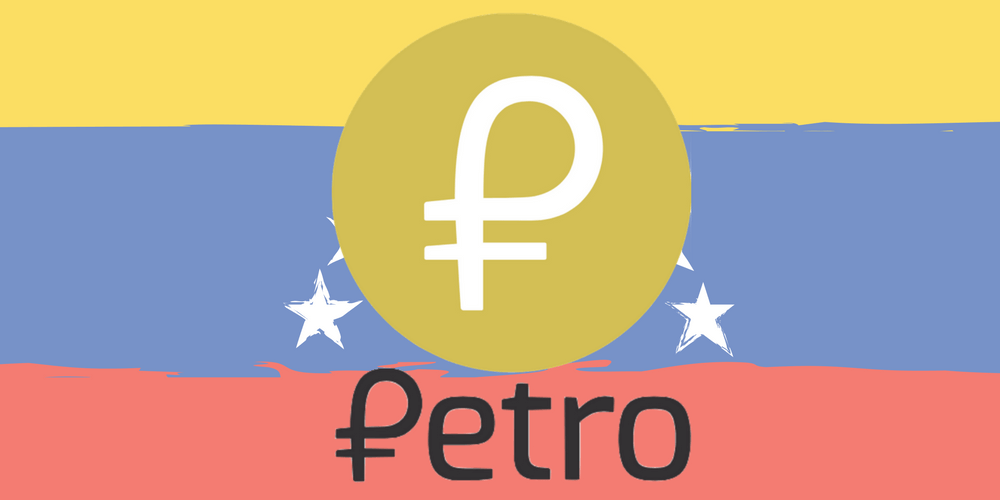
With an economy largely dependent on petroleum, the Venezuelan economy is in catastrophe. The Bolivar has fallen 99.99 percent against the American dollar and the country is currently experiencing one of the world’s worst monetary crises. Several measures have been taken by the government to combat exorbitant inflation, among which, is the creation of a new digital currency. Announced in December 2017 and launched in February 2018, the Petro is a cryptocurrency developed by the government of Venezuela. The Petro, supposedly backed by the country’s massive oil and mineral reserves, is President Nicolás Maduro’s attempt to revitalize the country’s ailing economy.
Reception to the Petro in Venezuela has been either non-existent or negative. The National Assembly, one of Venezuela’s primary opposing lawmaking bodies, denounced the move in a national statement. In a direct move against the unpopular president, the National Assembly decreed to foreign investors and market agents that the implementation of the Petro cryptocurrency would be considered unconstitutional.
President of the Committee of Permanent Finances, Rafael Guzmán, lashed out against the introduction of the new cryptocurrency. In a statement, they spoke out against the claim that the government would force workers to adopt the currency by way of their savings. Additionally, they castigated the government for using this as a means to end the country’s massive hunger issues. “It is not with [The Petro]… With this, the crisis we are living only becomes more profound. The [Petro] is another example of corruption.”
Others have a more favorable view of the Petro. For its part, the government has incentivized the use and circulation of the Petro by promoting the currency through its website and by establishing four exclusive economic zones. Additionally, the government has announced plans to redistribute the wealth generated through the sale of the Petro by building 3 million housing units which the impoverished country is desperately in need of. These efforts have helped maintain what remains of Maduro’s popularity, primarily amongst his most devoted constituents in impoverished regions of the country.
Despite these promises, the Venezuelan population is highly skeptical of the unpopular government. It is unclear whether the Petro coin will have any real value. Although Venezuelan President Nicolas Maduro reported $735 million in sales on the first day, Maduro did not provide any evidence to back up this claim. Furthermore, recently Maduro claimed that the Petro had raised $5 billion. However, the numbers appear to be falsified; according to the whitepaper, exactly 38,400,000 tokens were available at $60 a piece, meaning that the maximum amount the government could raise would be approximately $2.5 billion. These inconsistencies, combined with historically low approval ratings, are just two of the reasons why the Venezuelan reaction to the Petro has been lukewarm at best.
International reception to the Petro coin has been even worse, adding to the Petro’s already existing troubles, the Trump administration passed bans on transactions involving the Petro for U.S. citizens. Although it is unclear how the White House plans to enforce this, these actions are part of a larger campaign to force regime change in Venezuela. In addition to governmental resistance, the Petro also faces backlash from the financial sector. Crypto exchange Bitfinex has already publicly announced that they will not support the oil-backed currency, perhaps signaling a sign of things to come. Ultimately, the future of the Petro, much like the Maduro regime, is bleak.

